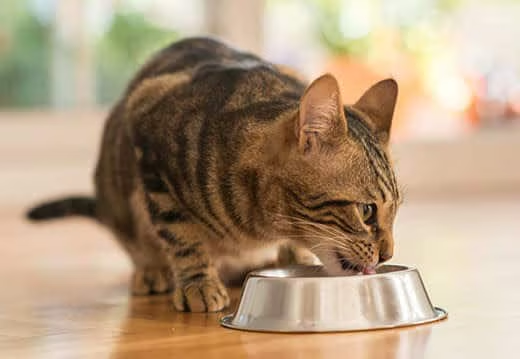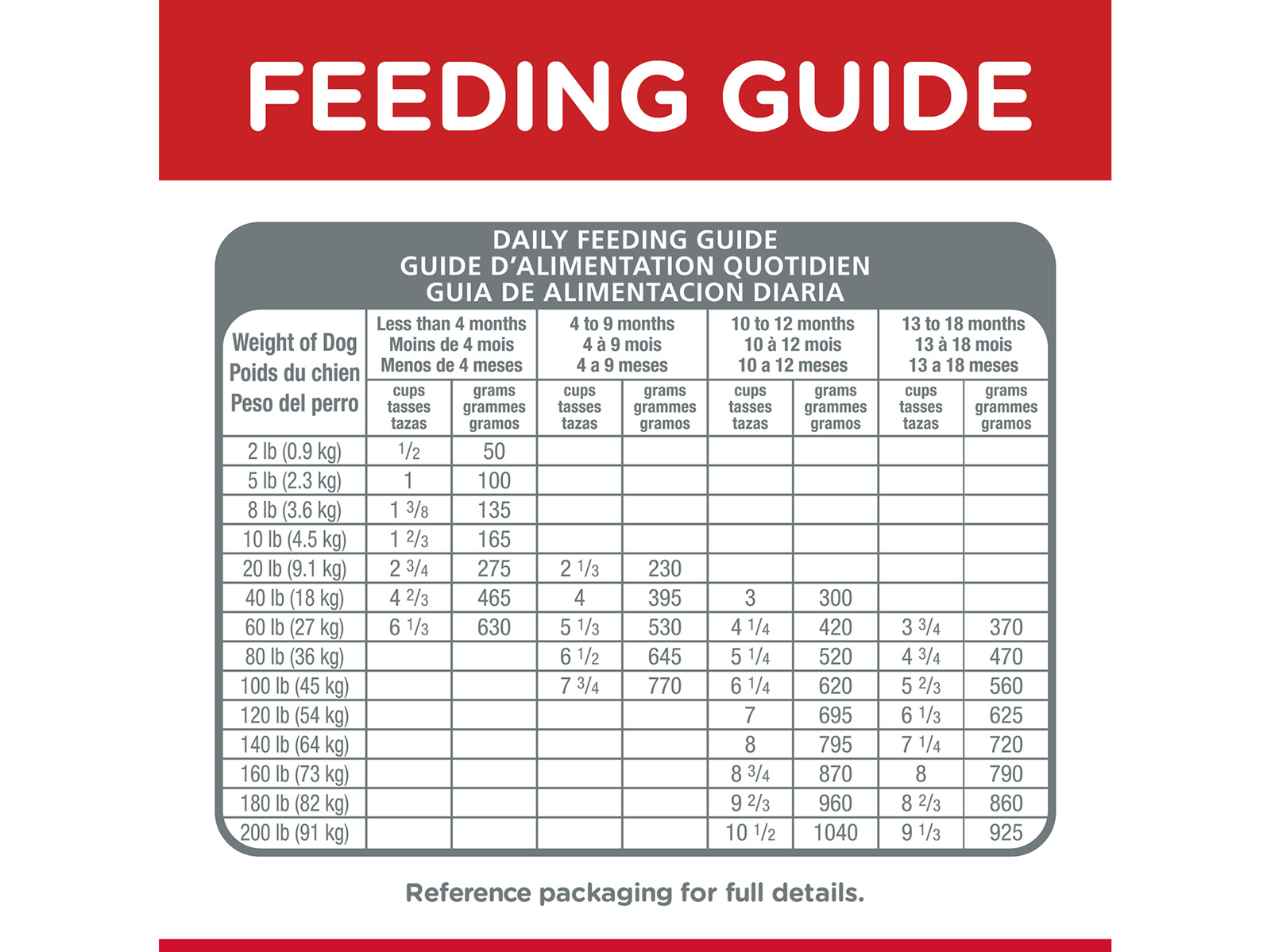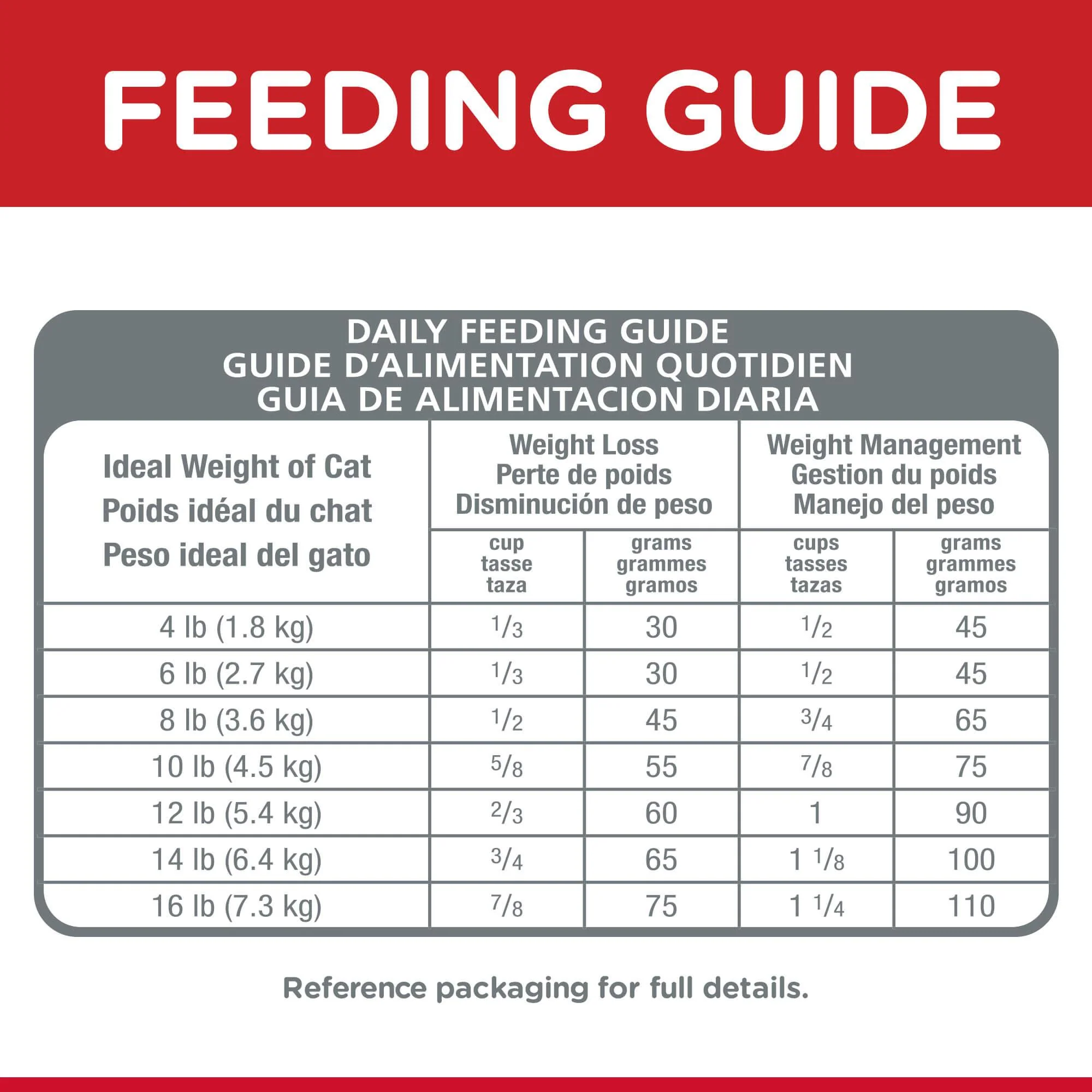A Guide to Feeding Your Foster Pet
Providing proper nutrition is one of the most important ways you can help your foster pet grow, stay healthy, and thrive. Every pet’s needs vary depending on their age, size, and medical status, and maintaining a consistent feeding schedule supports their overall health and development.
“A well-fed foster is a healthy foster — and a happy one too.”
When you pick up your foster, our team will send you home with at least two weeks’ worth of Hill’s® Science Diet®. This ensures your foster has a smooth transition into your home.
If you need additional supplies, you can schedule a “Foster Closet” appointment through our Acuity Scheduling app to pick up more food, litter, or other necessities for your foster. Our team will walk you through the process to make sure your foster always has what they need.
Feeding Puppies
Puppies grow quickly and burn a lot of energy, so they need highly nutritious food fed frequently. Over time, you will gradually reduce the number of feedings as your puppy matures.
6 to 12 Weeks:
Feed four times a day with a puppy-specific diet.
Moisten food if needed to help with chewing.
Focus on nutrition that supports bone and muscle growth, healthy development, and energy for active play.
3 to 6 Months:
Feed three times a day.
Puppies begin to lose their “baby pudge” as they mature.
Continue feeding puppy-sized portions until their body shows signs of growth stabilization.
6 to 12 Months:
Feed twice daily.
Consider transitioning from puppy food to adult food, especially after neutering, as energy levels may decrease.
Smaller breeds typically switch to adult food at 10–12 months, larger breeds at 12–14 months or later.
Transition gradually over several days to avoid stomach upset.
Tip: Measure portions rather than guessing to maintain a healthy weight and avoid overfeeding.
Feeding Adult Dogs
Adult dogs do best on a consistent, portion-controlled feeding schedule that matches their size, energy level, and routine. Most adult dogs are fed once or twice daily, depending on their needs and what works best for your household.
Feed your foster the Hill’s® Science Diet® provided by our team unless directed otherwise. Use a measuring cup to ensure accurate portions. This helps prevent overfeeding and maintains a healthy weight.
Always provide fresh water and clean bowls daily. Avoid sudden food changes, as this can lead to stomach upset.
Keep an eye on your foster’s appetite and body condition. A noticeable decrease in eating, refusal of meals, or digestive issues may signal illness. If you observe any of these signs, please schedule a medical appointment through our Acuity Scheduling app so our team can assess your foster promptly.
Tip: Whether you feed once or twice a day, keep it consistent — routine helps your foster feel secure and supports healthy digestion.
Feeding Kittens
6 to 12 Weeks:
Feed four times daily with kitten-specific food.
Kittens need higher protein and fat content for rapid growth.
Start with moistened food to help with chewing and digestion.
3 to 6 Months:
Feed three times daily.
Kittens begin to grow more independent and may eat slightly larger portions.
6 to 12 Months:
Feed twice daily.
Continue with kitten-formulated food until fully grown, then transition gradually to adult cat food.
Tip: Always provide fresh water at all times.
Feeding Adult Cats
Adult cats do best with a consistent, balanced diet designed to maintain a healthy weight and support long-term wellness. Feed your foster cat twice daily, once in the morning and once in the evening, using a measuring cup to ensure proper portions and prevent overfeeding.
Stick with the Hill’s® Science Diet® provided by our team unless directed otherwise. Sudden changes in diet can cause stomach upset or loss of appetite.
Always provide fresh water and clean food dishes regularly. Keep an eye on your foster’s eating habits — cats are creatures of routine, and a sudden change in appetite can be an early sign of illness.
If you notice your foster cat skipping meals or eating less than usual, please schedule a medical appointment through our Acuity Scheduling app so our team can evaluate them promptly.
Tip: Feeding your foster at the same times and place each day helps establish a sense of security and routine.
Neonates & Weaning (Puppies & Kittens)
For newborn puppies and kittens who are still nursing or just beginning to wean, feeding requires specialized care:
Neonates: May require bottle feeding with puppy/kitten formula (our team provides guidance).
Weaning/Transition to Solid Food: Introduce a gruel mixture made from formula and moistened food. Gradually reduce formula and increase solid food until your foster is eating independently.
Note: If you are caring for neonates, we offer separate specialized training to ensure you are equipped with the skills needed to safely feed and support them.
Feeding Separately
Feeding your foster pet separately from your own animals is an important part of maintaining safety and reducing stress in the home. Separate feeding areas help prevent conflicts, ensure each pet receives their proper portion, and allow you to monitor your foster’s appetite more accurately. This is especially important for new fosters who are still adjusting to a new environment.
For more detailed guidance, please review our article: Feeding & Safety in the Foster Home: Preventing Resource Guarding
Tip: Even pets who get along well should eat in designated spaces to keep mealtime calm and positive for everyone.
Your Role as a Foster
As a foster, your role in maintaining your pet’s feeding routine is essential to their overall health and happiness. Follow the feeding schedule provided by our team and keep an eye on your foster’s weight, appetite, and behavior to ensure they’re thriving. If you need to adjust feeding portions, do so gradually and consult our medical team for guidance. And remember — you can always reach out to us with any questions or concerns. Proper nutrition is more than just a meal — it’s the foundation for a healthy, happy life.



